By Tran Mien Thuc, Indochine Counsel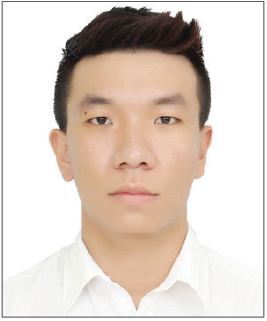
E: thuc.tran@indochinecounsel.com
On September 14, 2017, the government promulgated Decree No. 105/2017/ND-CP on liquor trading (Decree 105), which will take effect as of November 1, 2017 and supersede Decree No. 94/2012/ND-CP dated November 12, 2012 on liquor production and liquor trading (Decree 94).
Decree 105 provides for the production, import, distribution, wholesale and retail of liquor, and on-the-spot sales of liquor for consumption. Also, it is stated that the governing scope of Decree 105 is exclusive of: (i) export, temporary import for re-export, temporary export for re-import, and transit of liquor; (ii) import of liquor for trading at duty-free shops; (iii) import of liquor from overseas into non-tariff zones, and the purchase and sale of liquor as between non-tariff zones; liquor trading at non-tariff zones, and delivery of liquor into bonded warehouses; (iv) imported liquor in luggage or in assets in transit, as a gift or as samples within the limits for which the law exempts taxation or stipulates that liquor is non-taxable.
Liquor, as defined under Decree 105, is a beverage containing ethanol that is produced from the fermentation process (distilled or non-distilled) from starch of various types of cereals and from sweet wort from plants and fruits, or which is prepared from ethanol, which does not include any type of beer or fermented fruit juice with alcohol content below 5 percent by volume. This definition of liquor under Decree 105 is clearer and states that trading liquor is one of the industries and trades in which business investment is conditional. In particular, entities or individuals engaging in industrial production of liquor, entities engaged in small-scale production of liquor for commercial purposes, liquor distributors, liquor wholesalers, liquor retailers and on-the-spot sellers of liquor for consumption must have a licence in accordance with the provisions of Decree 105. The small-scale producers selling liquor for further processing to enterprises licensed for industrial liquor production must register with the People’s Committee at the commune level.
Decree 105 specifies in detail the conditions for various industries of liquor trading, ie (i) conditions for industrial production of liquor; (ii) conditions for small-scale production of liquor for commercial purposes; (iii) conditions for small-scale production of liquor for sale for further processing to enterprises licensed for industrial production; (iv) conditions for liquor distribution; (v) conditions for liquor wholesaling; (vi) conditions for liquor retailing and (vii) conditions for on-the-spot liquor sale for consumption. In comparison with Decree 94, the conditions on location for trading, transportation means and financial capacity have been removed.
For the matter of goods quality and food safety, Decree 105 regulates that the liquor produced under existing technical regulations must have a declaration of conformity with such technical regulations and the declaration must be registered with the competent state authority before circulation of such liquor on the market. Liquor that is produced without any existing technical regulations must have a declaration of conformity with food safety regulations and the declaration must be registered with the competent state authority prior to circulation of such liquor on the market until the corresponding technical regulations are issued and take effect.
In addition, Decree 105 specifies the breaches of regulations on liquor trading, including (i) trading liquor without a licence or incorrectly in terms of the provisions of the licence as stipulated in Decree 105; (ii) using alcoholic foodstuffs that fail to satisfy the regulations, or industrial alcohol or other prohibited raw materials to produce or prepare liquor; (iii) leasing out or lending a licence for liquor trading; (iv) exhibiting, purchasing, selling, circulating or consuming any type of liquor without a stamp or label as required by law, or liquor that fails to satisfy the standards, quality and food safety, or liquor that does not have a clear origin; (v) selling liquor to people under 18 years, selling liquor with an alcohol content of 15 percent or more over the internet, or selling liquor in vending machines; (vi) conducting liquor advertising or liquor promotions contrary to the laws.

E: thuc.tran@indochinecounsel.com
Ho Chi Minh City Office
T: (84) 28 3823 9640
F: (84) 28 3823 9641
Hanoi Office
T: (84) 24 3795 5261
F: (84) 24 3795 5262



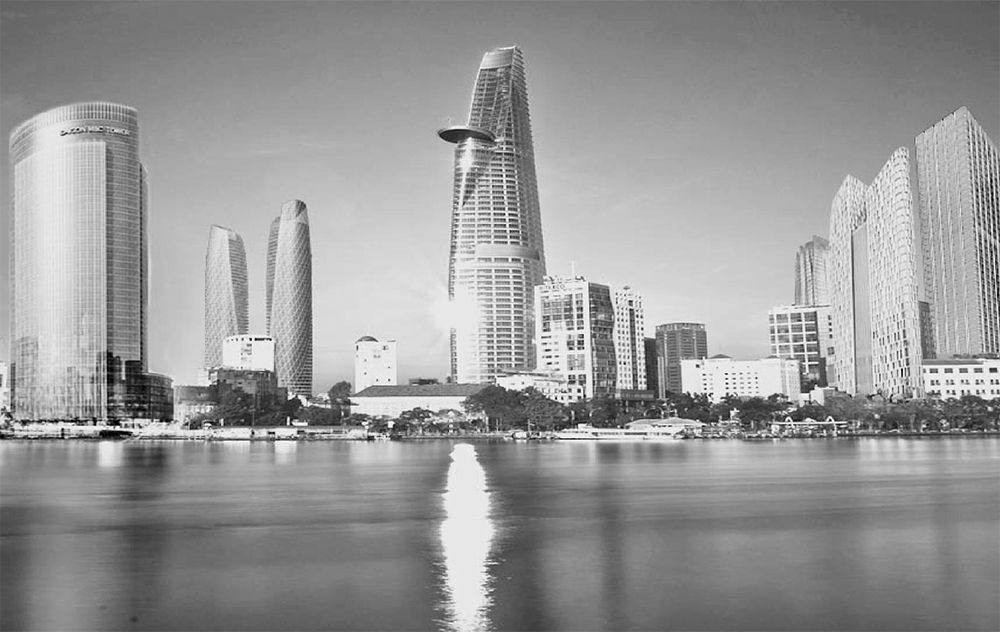
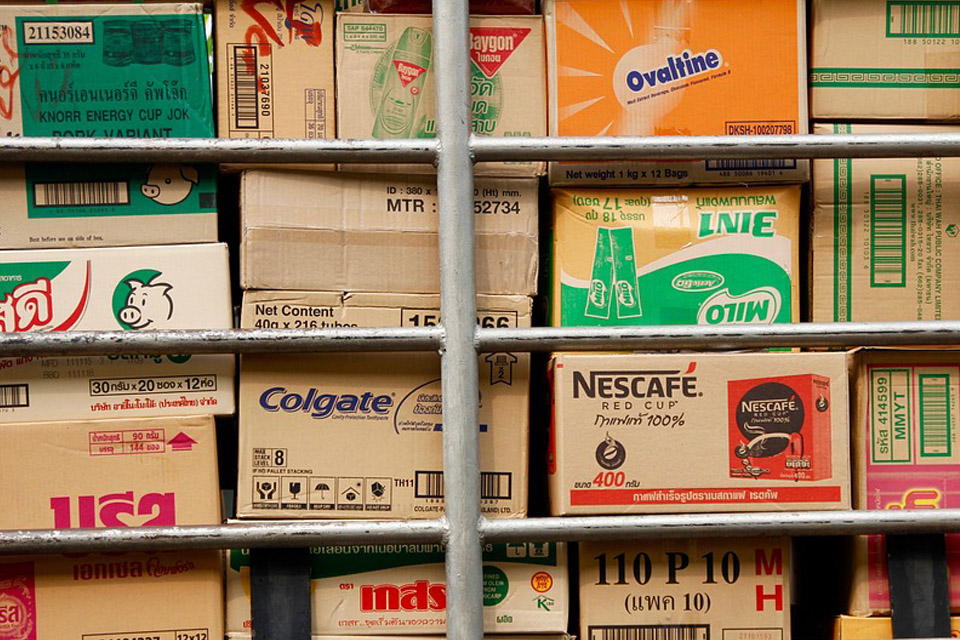
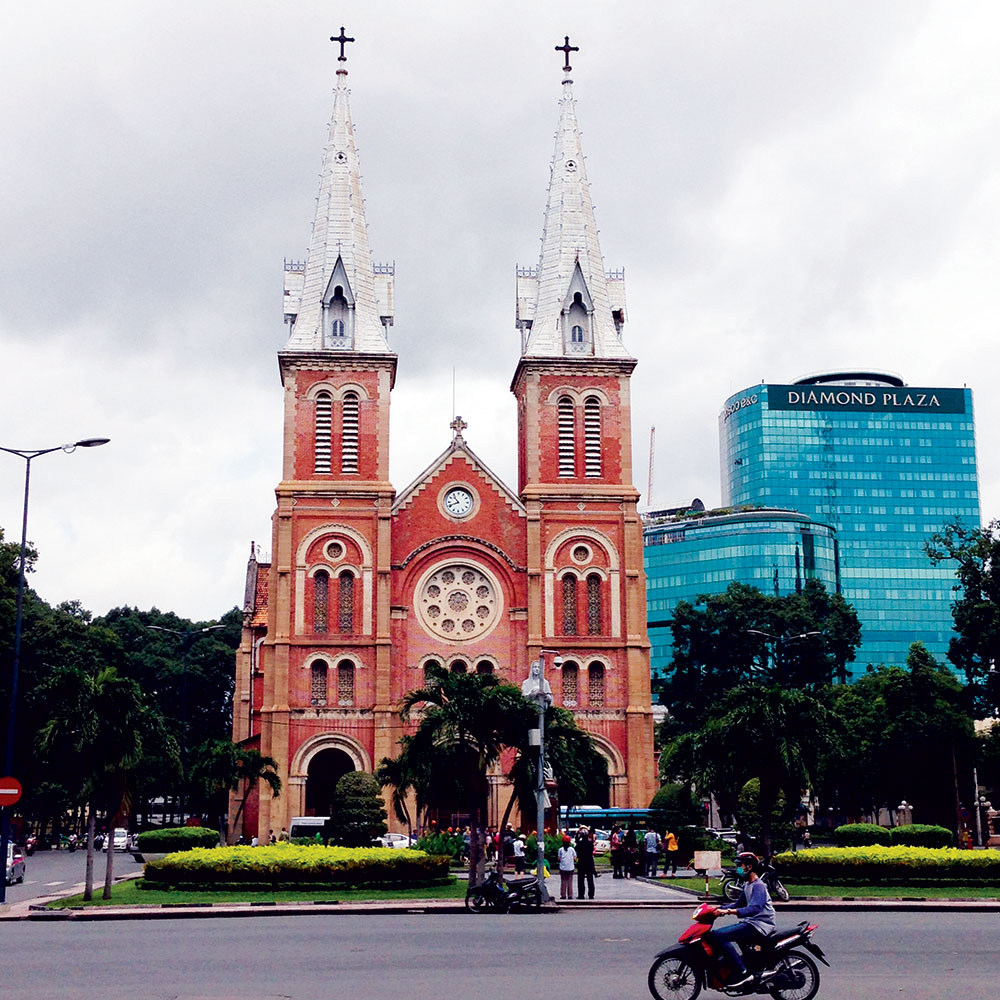

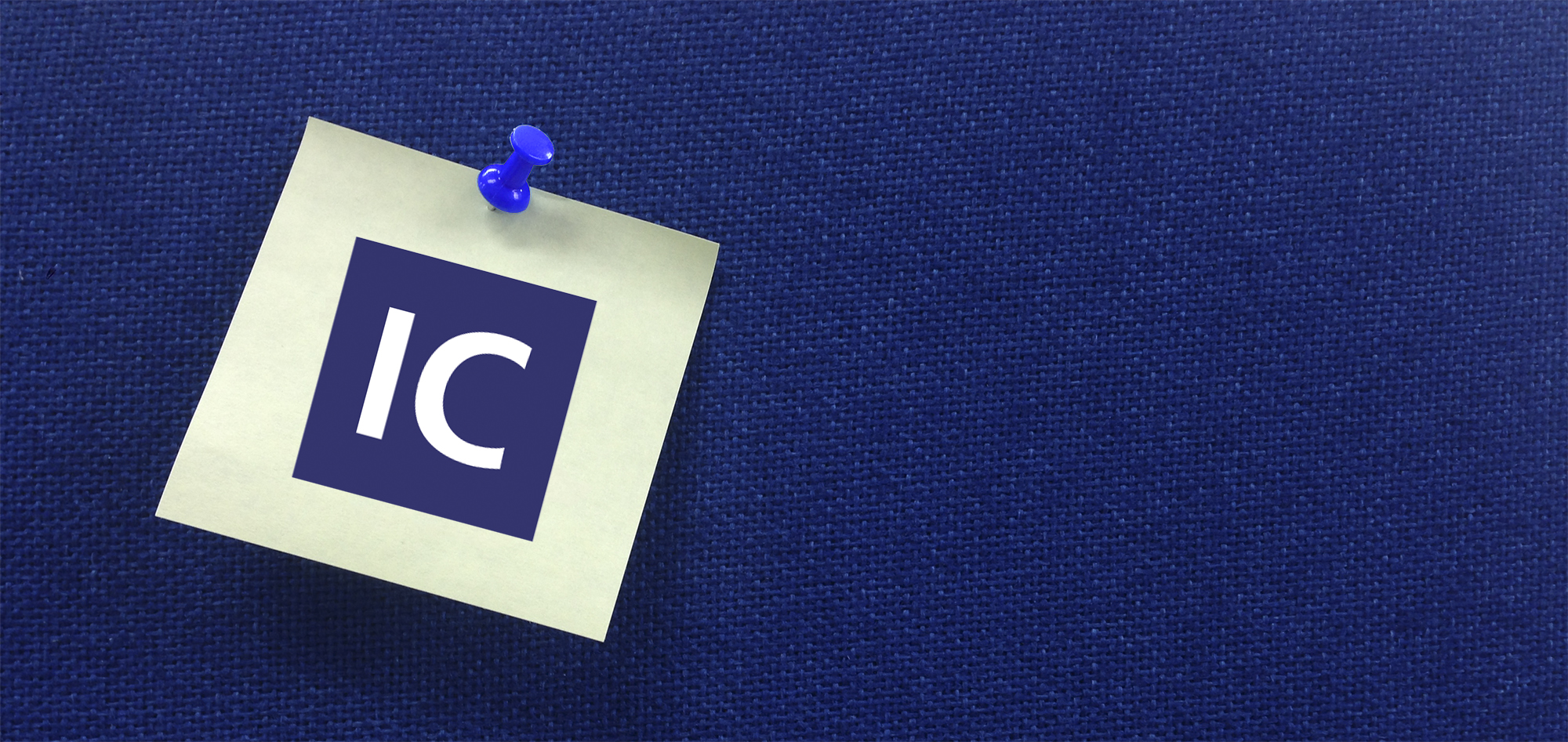





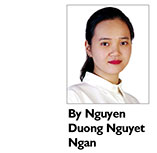

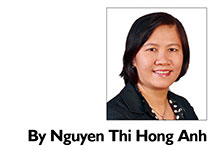
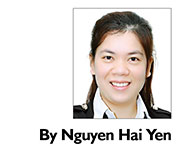


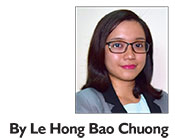
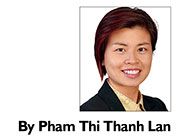

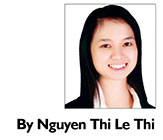

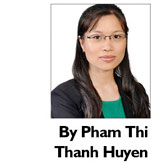
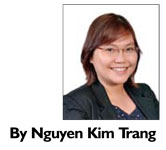


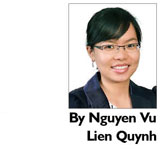







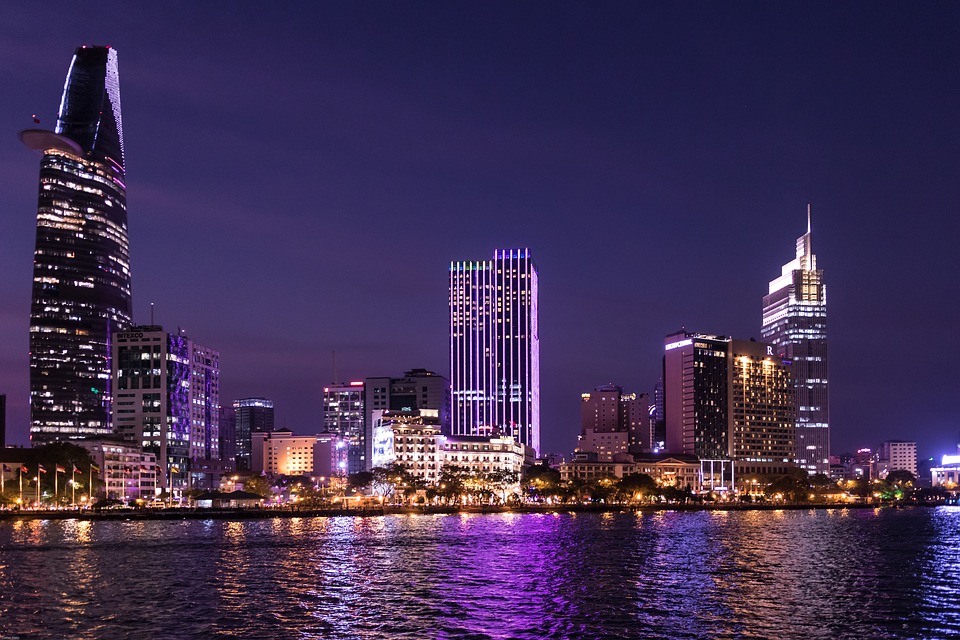

 Dang The Duc
Dang The Duc To Xuan Tinh
To Xuan Tinh Le Nguyen Huy Thuy
Le Nguyen Huy Thuy







